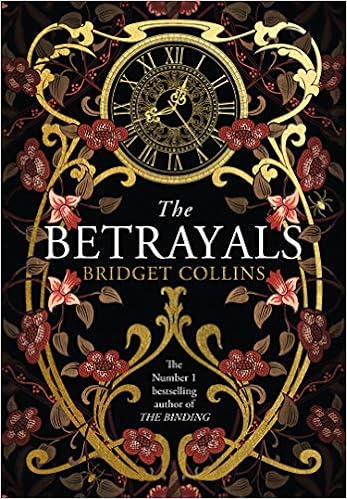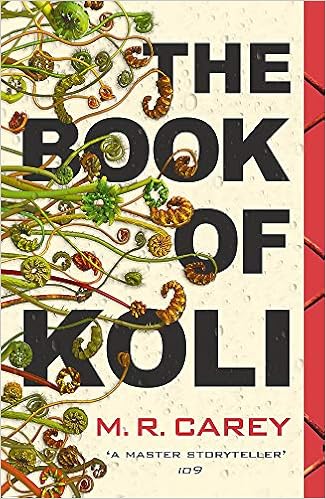A grand jeu is a kind of web made of abstractions. It glitters, it seduces; but its beauty is essentially functional ... and its aim is to draw down the divine into a human trap. [loc. 2302]
The Binding, Bridget Collins' first novel for adults, was one of my reading highlights of 2019, so I was eager to read her new novel (thanks to NetGalley for the advance reading copy, of which this is an honest review).
The setting, again, is a world which is not quite our own: it's the 1930s, and in a nameless European country the Party is on the rise. Léo Martin, formerly Minister for Culture, falls out of favour for attempting to soften a particularly oppressive Bill. The Party arranges for his exile to Montverre, a remote institute of learning devoted to the grand jeu -- the 'national game', which combines maths, music, literature and meditation into a performative ritual.
Montverre has changed since Léo's student days. Oh, it still doesn't admit women; there are still rumours of a ghost; it's still a crumbling edifice housing a vast library of material relating to the grand jeu. But now the Magister Ludi is a woman, Claire Dryden, who seems familiar to Léo though he's sure they have never met before.
And being back at Montverre, bitterly resentful and self-deluding about his fall from grace, brings back memories of his student days and his love-hate relationship with Aimé Carfax de Courcey, who was top of the class when Léo was second, and with whom he discovered the joys of collaborative creation.
The Betrayals has four narrative threads: the Rat, who lives secretly at Montverre; Léo himself; Claire; and student Léo's diary from ten years ago. (I'm still not wholly convinced that the Rat's narrative deserves as much weight as the others.) There's a well-signalled twist which felt vaguely disappointing: and I am uncomfortable with the denouement, and with the sense that Léo's story, his growth over the course of the novel, is unsatisfactory.
There was a lot to like here, though. Collins' writing is as rich and strange as it was in The Binding, and the beats of Léo's prickly relationships -- with Carfax, and with Claire -- are meticulously observed. I loved the descriptions of Léo and Carfax working together on their grand jeu: 'those moments when something uncanny happens, something else steps into the space between us, and we're both left marvelling at a move neither of us would ever play'. [loc 1572] There was a solid underpinning of class issues: Léo is the son of a scrap merchant, Carfax the scion of an ancient noble house plagued by madness. And the depiction of Claire's career as the first female Magister Ludi in a misogynistic society, and an especially misogynist institution, had the sour ring of verisimilitude. (In a way she's brought low, not once but twice, by the simple unpleasantness of menstruation.)
The details of this secondary world are intriguing: distracting, too, because this is (I think) a world in which the 'scriptural' religions have been supplanted by the grand jeu; Christians -- including, possibly, Léo's former mistress -- are persecuted. I'd like to have had more sense of what was happening in other countries, especially countries outside Europe: and I spent far too much time trying to envisage how the grand jeu was actually played or performed. (The author's afterword indicates that it was inspired by Hesse's The Glass Bead Game, a novel I have never managed to finish.)
I found the novel enthralling, especially on a second read when I could appreciate the construction of plot and counter-plot: but I think my main problem was the character of Léo, a man so suited to political life that he can't be honest even with himself. He is petulant, petty and arrogant, and even when the truth is revealed to him he's incapable of learning from it. I did not like him: I would rather have read this story from Claire's viewpoint. Perhaps the greatest betrayal in the novel is Léo's betrayal of himself, of his heart and his soul.
Guardian review "Not all the intricate twists of the tale quite hold up, with [characters] making choices that stretch credulity, if you think about them too much. It’s best not to." A view that is at once accurate and irritating.









